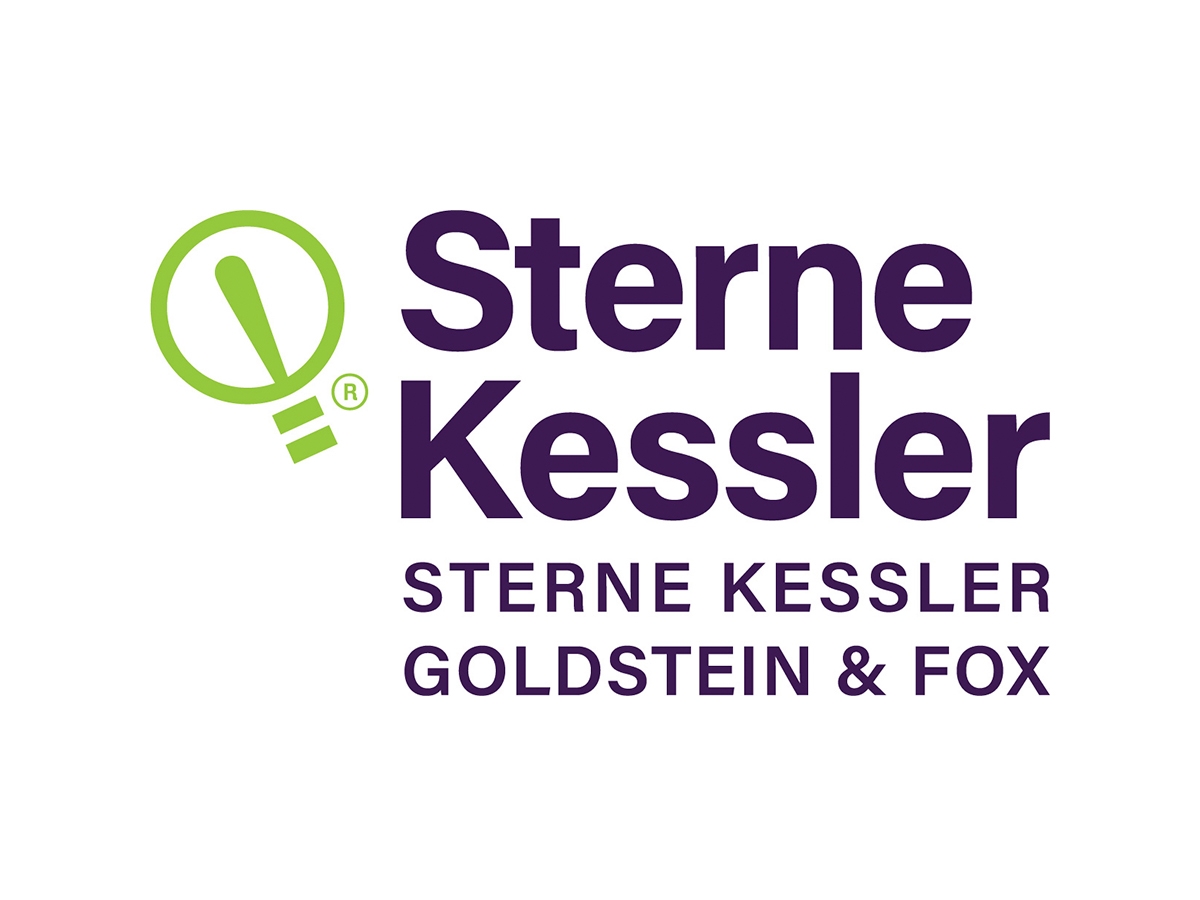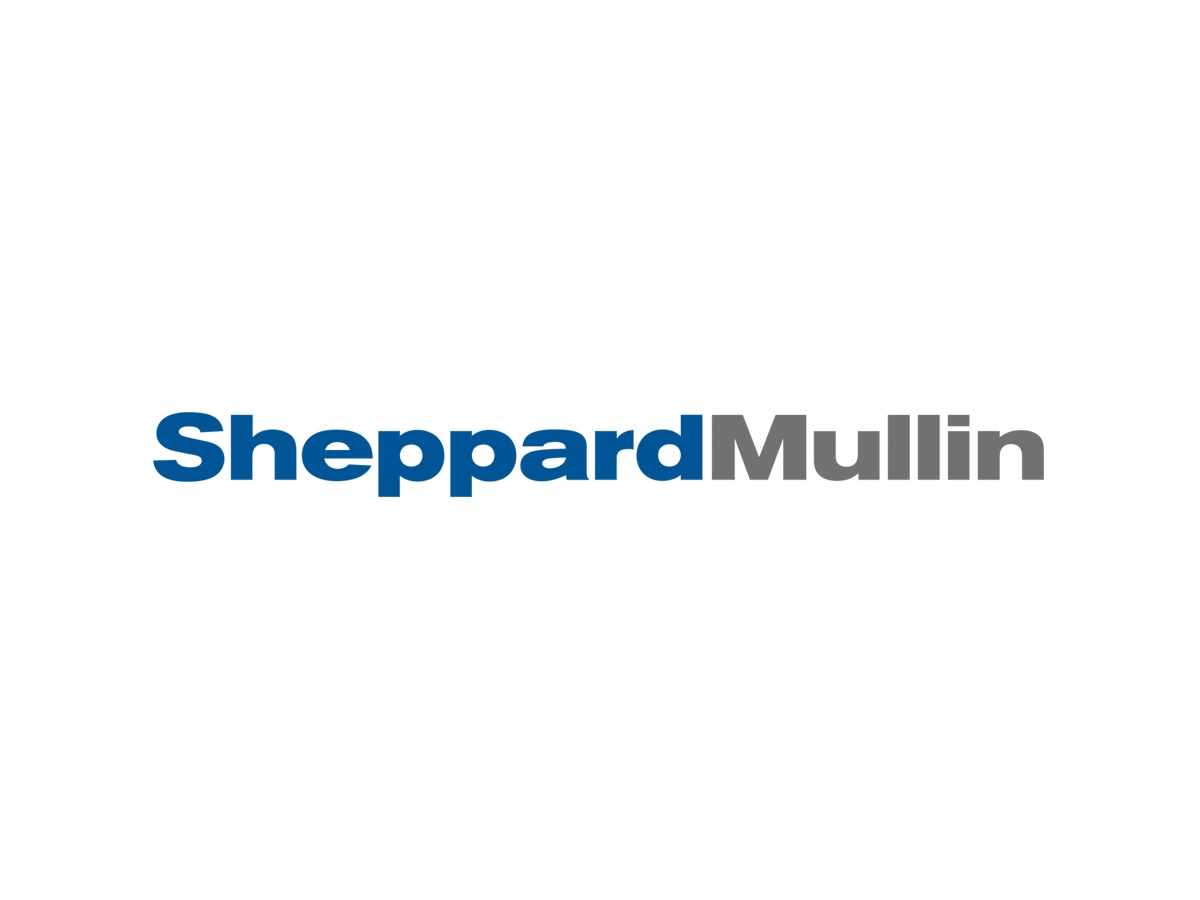IP Investing — What Is It? Who Does It? Why It Matters
Intellectual property is the primary reason most companies are valuable today, but making investments in inventions and patents isn’t well-understood.
As creators develop a roadmap for profiting from their output, understanding the mechanisms for valuing and monetizing intellectual property is crucial.
To tease out the intersection of startup funding, intellectual property and litigation, in Episode 8 of Season 2 of his podcast “Understanding IP Matters,” Bruce Berman interviews Efrat Kasznik, president of Foresight Valuation Group, and Adam Gill, founder and managing director of Chicago-based GLS Capital, who are leaders in the field of IP valuation, monetization and litigation funding.
Key Responses
If not patents, what other IP rights do startups and larger private companies like unicorns have these days?
Efrat Kasznik: “A lot of them have brands. A lot of them have data. The problem with data is that it’s not protected by anything. It’s not protected by patents. Data is really the new oil, you know—whatever the saying is. I’ve written about this for IAM extensively and for others. Data is really the new asset for a lot of these companies.
If you see a unicorn growing, it doesn’t mean that they don’t have IP, they just don’t have patents. They have the underlying technology, which is part of the IP. They have trade secret protection, which is not very strong as we know, because of people mobility and cybersecurity attacks, and all of that. Data and the people — those soft assets — we don’t have strong protections for that, and that’s where a lot of the value is.”
Adam, between your clients and those you fund, is there a pattern? Do they tend to be tech companies of a certain nature or type? What are you seeing?
Adam Gill: “We see requests for a decent number of software patent cases. We don’t invest in a lot of software patent cases. We are happy to look at them, but the state of the law in what is called Section 101 or patent subject matter eligibility, there’s a big gray area right now there. Our process is that, at the end of our underwriting, we need to be able to tell the investment committee — which I am part of — that we believe there is a high likelihood that this case will win.
And if you’re in a gray area like Section 101 with a patent, you just can’t make that statement. You can’t get to a high probability, unless you are way on the one end of the continuum. Which sometimes we do see — those very technical software patents, with the technical pieces built into the claims. The software patents we see usually don’t have that, but some do. And we are happy to invest in those.”
What’s a less gray area for IP investment right now?
Efrat Kasznik: “At the end of the day, patents are kind of the signal that the investors are looking for. They don’t really understand branding assets, things like trademarks. Going back to technology assets — people understand patents. It’s something they can look up. But, for patents to be reliable, and I think Adam was alluding to this, there needs to be a very close relationship between the product and the patent.
The software industry has strayed away from that. The IP can be held in one place, and the invention can be practiced in many other places. Not so for a biotech or a pharma company, where there’s a one-to-one [relationship]. They usually have fewer patents, but the patents are very focused on the product.”
Adam Gill: “We do a decent amount of work in the pharmaceutical space, and I agree that [patents] are more reliable. I think one of the big reasons for that is that in the pharmaceutical space, especially with respect to Hatch-Waxman litigation, you still have the ability to exclude your competitors from using your patents. That’s the default. That’s the remedy, right?
That’s what Hatch Waxman litigation is about: whether a generic will be able to enter. And in that context, patents are very powerful. You learn in law school that patents are the right to exclude. Well, in the United States, they’re not — they’re the right to bring a case for damages, typically.”
More Highlights
Listen to the entire episode to learn about IP valuation, funding for litigating patent infringement cases, and licensing, including:
- Why litigation isn’t an effective business model for startups.
- The mindset of patent litigation funders.
- Why R&D intensive industries like semi-conductors and depend on patents and software industry startups don’t.
- The different ways intellectual property fits within the lifecycle of unicorns and new startups.
Madeleine Key
Madeleine Key has been writing about intellectual property, inventing, and entrepreneurship for more than 15 years. As a ghostwriter, her work has appeared online in The New York Times, TIME, […see more]






